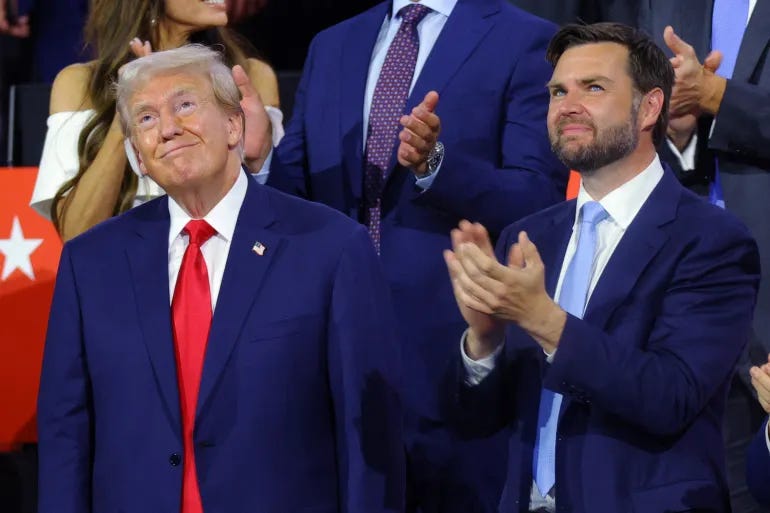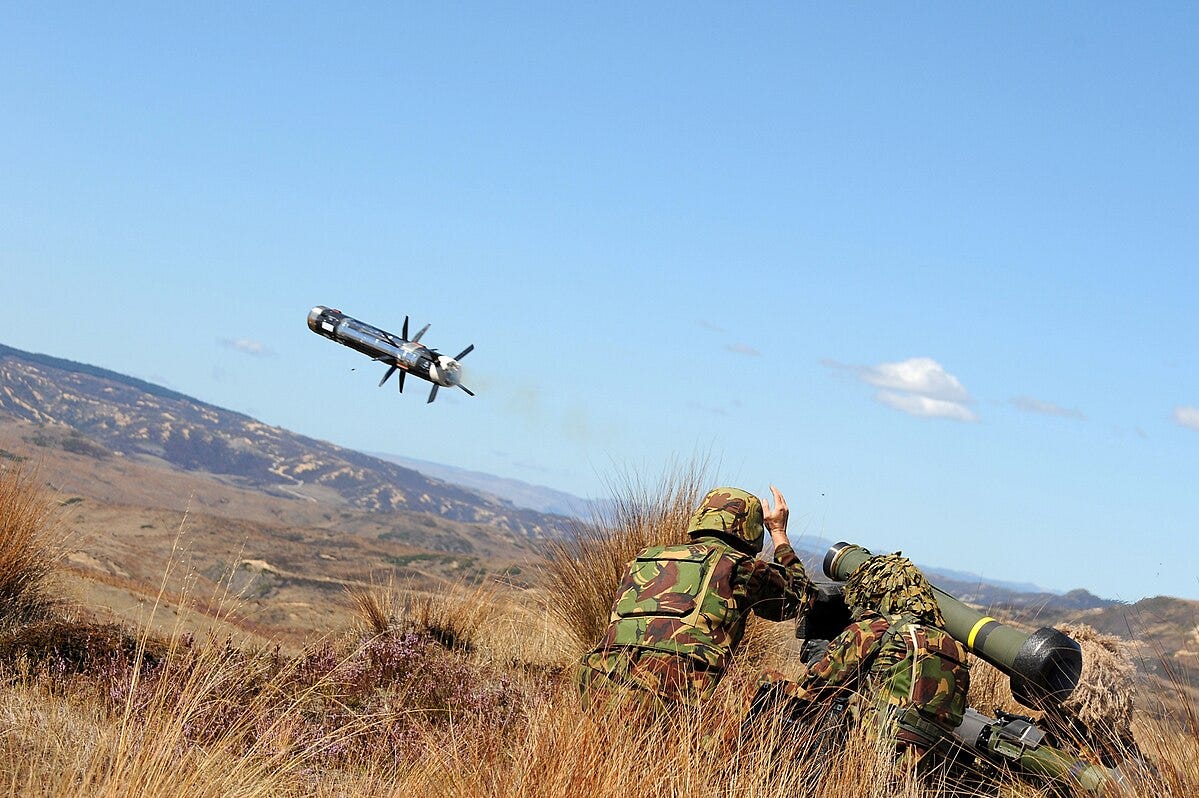Table of Contents
Simon O’Connor
On Point
Husband, step-father, and longtime student of philosophy and history. Also happen to be a former politician, including chairing New Zealand's Foreign Affairs, Defense, and Trade Committee.
A betting person will certainly see favourable odds for Donald Trump to win the American presidency. This is not to say it is an absolute certainty, but the last few days have certainly tilted the balance which apparently was already in his favour. As I write, Trump has just survived an assassination attempt while his opponent, the current US President, is home with Covid. To add to Biden’s woes, more and more senior Democrats are calling on him to resign including leading Democrats Chuck Schumer and Adam Schiff in the last 48 hours.

Another Trump presidency will of course have major implications for New Zealand. Let’s be clear: whoever becomes president will have implications for New Zealand. But perhaps for New Zealand, two of the most dramatic implications will be our engagement in the Indo-Pacific region and our defence spending. Trump, in his last presidency, was very robust around expansionist China. His administration had a particular focus on ‘lifting up the floorboards’ – a reference to exposing CCP interference and espionage. Trump was also known for starting a rather ferocious trade war with China and expressing deep concern about their military expansion.
However, and as I have written before, one issue for this government is a growing gap between what they say and what they do. This is very apparent in the defence space and something that any future Trump administration will be looking at keenly. In the May Budget, defence spending was cut. New Zealand defence spending is now less than one percent (1%) of GDP. While the rhetoric from government is very positive about our defence forces – our desire to engage with the world, to consider more engagement with NATO and the likes of AUKUS – the spending is just not there. The ‘walk’ is not matching the ‘talk’.
Importantly we need to see through government press announcements that talk of new spending. We need to understand that when the government uses the word ‘new’ they mean a spending priority that has not happened before. It does not mean ‘new’ in the way that many New Zealanders would understand it, that is, extra spending on top of existing spending.

We are all very aware of Trump’s threats (for want of a better word) to NATO allies – demanding they pay at least two percent (2%) of their GDP into defence spending. Similar sentiments are being expressed to US allies in and around the Indo-Pacific. New Zealand will be no exception.
New Zealand needs to be prepared for a Trump administration that will demand not just strong talk but strong investment into our military and intelligence agencies. Trump will be clear that New Zealand cannot be a freeloader, as we are perceived to be by many. This is not a reflection on those in uniform. It is however a reflection on investment in the equipment, technology, and infrastructure here in New Zealand.
How do we prepare – or defend – ourselves for a Trump administration that will ask more of New Zealand?
The answer of course a simple one and as military leaders have said over generations, “the best defence is a good offence”. New Zealand needs to invest more in our military, not cut it. I am the first to recognise that we are in very tough financial times but if New Zealand wants to operate positively with the Trump administration, then we need to get defence spending right. Importantly, we need to ensure that what we say equals what is done. These gaps get noticed. Any good defence always begins with closing the gaps.
It is my belief that, of all the areas that Trump will first look at, it will be our military spending and commitment to security in the Indo-Pacific. He will be looking for action not words. If we have this spending in order then I believe we may see progress in other areas including around trade liberalisation and agreements. This of course will benefit our economy. If we do not sort defence spending, we will have to defend ourselves against a president who will show little interest in New Zealand. This will have implications much wider than defence.
This article was originally published on the author’s Substack.









